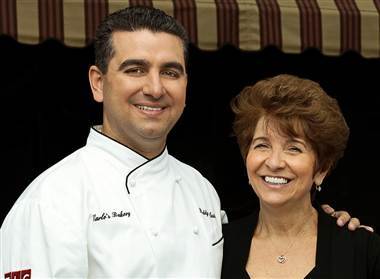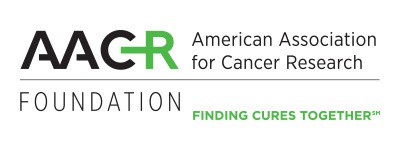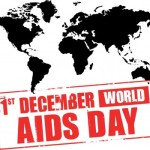Sage Stallone’s Fatal Heart Attack - What’s Your Risk?

The 36-year-old son of Sylvester Stallone was found dead in his apartment on July 13.
The autopsy report from the LA County Coroner’s Office says that Stallone died of natural causes. He had suffered a heart attack as a result of arteriosclerosis (“hardening of the arteries”).
The report went on to say that drug screening showed only a “subtherapeutic” (very low dose) of hydrocodone (Vicodin), which Stallone had been taking because of dental surgery he had two weeks before his death.
According to LA Now, Stallone “had a history of heavy smoking, but his family said he had cut back lately. He was most recently smoking an electric cigarette.”
How can someone so young have a heart attack?
Recent statistics from the American Heart Association reveal that 40,000 heart attack patients were between the ages of 35 and 44. About 10% of all heart attacks occur in men under 40.
Unlike their older counterparts, young men frequently don’t recognize their symptoms as being due to a heart attack.
Symptoms in younger individuals include:
- Severe chest pain or a squeezing sensation in the center of the chest. This can also feel like a tight ache, feeling of pressure or a sudden heavy feeling in the chest area.
- Pain in the entire upper body, including the shoulders, back, arms, teeth, jaw and neck
- Heartburn
- A sudden shortness of breath
- Headaches and lightheadedness
- Sweating with cold or clammy skin
- Nausea and vomiting
What puts younger people at risk?
A number of factors can put those under 40 at risk:
1. Family history of heart attack at a young age. Your risk increases if your father or a brother was diagnosed with heart disease before 55 years of age, or if your mother or a sister was diagnosed with heart disease before 65 years of age.
2. High cholesterol
3. Smoking: Individuals under age 40 who smoke tobacco products have a five times higher chance of having a heart attack than nonsmokers. Smoking is the single most important cause of heart attacks in younger patients.
4. High Blood Pressure
5. Congenital Heart Disease
6. Taking birth control pills, especially among smokers: Birth control pills have been associated with a small increase in the risk of early heart attack in women. But when birth control pills are combined with smoking, there is a very large increase in risk. In fact, doctors should recommend that women who smoke should not take birth control pills.
What is my risk?
You can assess your specific risk by using the American Heart Association risk assessment guide.

























0 comments